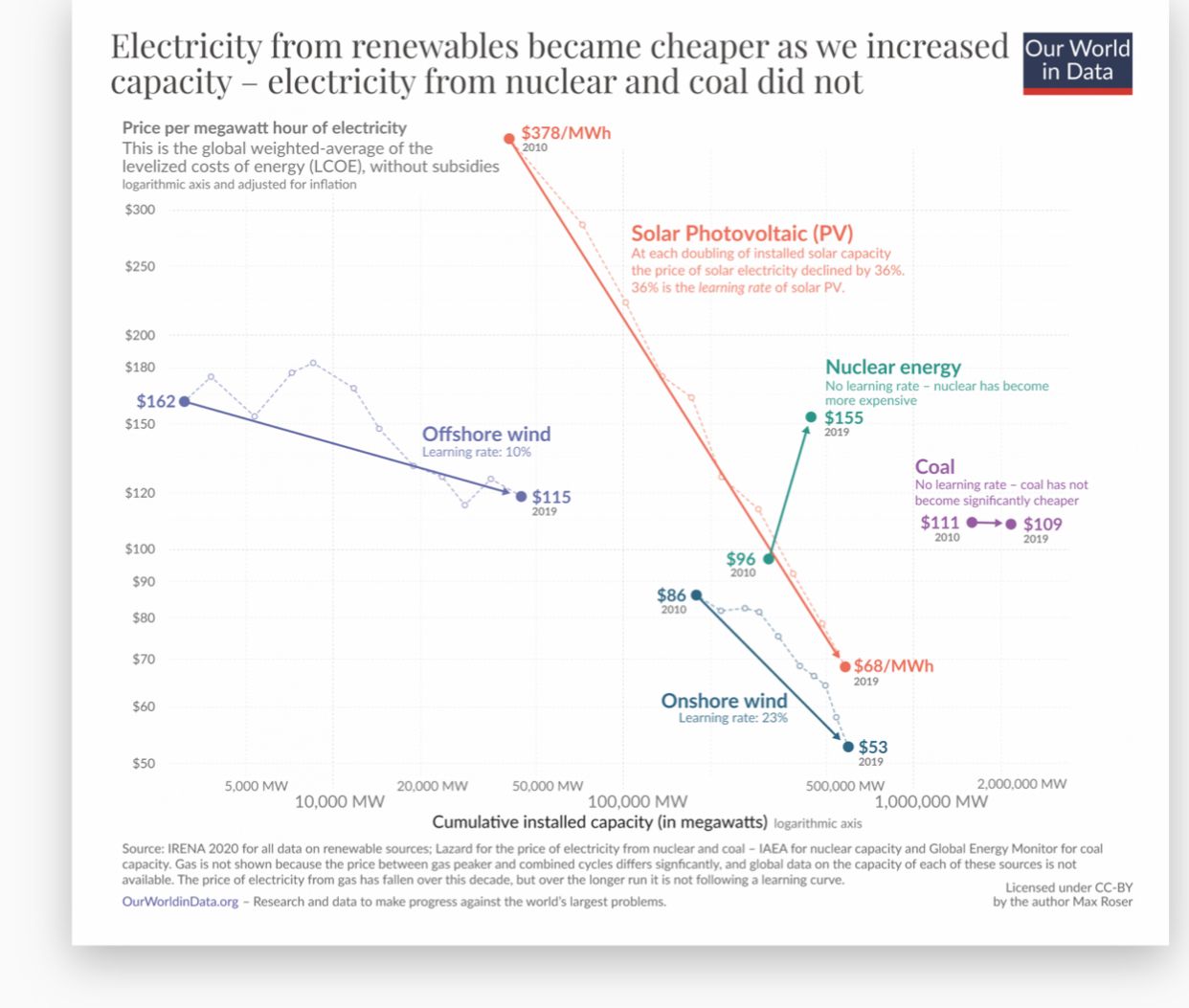UK NIMBYs have thwarted the UK government's plan to dramatically increase onshore wind power; the result will be more expensive electricity and maybe fuel poverty for many. Oh yes, and there's climate change too.
Some people don't like wind power. You can normally recognise this dislike the moment they refer to wind turbines as windmills. But for some curious reason, wind-haters are particularly common among certain British politicians.
I used to think they had a curious speech defect — an inability to utter the word windfarm without prefixing it with a word like 'awful.'
Yet this dislike is not typical of the British public. The UK government's own survey finds no less than 80 per cent of the public either support or strongly support onshore wind.
As this amusing Twitter thread points out, onshore wind is more popular than pizza (and The Queen.)
Things that are less popular than onshore wind power: a thread... pic.twitter.com/B1S9CtYZXk
— Malachi Chadwick (@malchadwick) April 8, 2022
And yet, Boris Johnson's government's initial plan to target 30GW of onshore wind and 50GW of solar as part of its strategy document has been dropped. Instead, the focus will be on offshore wind and nuclear.
(There is also the issue of energy efficiency, which the IPCC report said was critical. Yet oddly, the government plan has little detail on that, either.)
Cutting the green crap has been expensive
In 2015, the David Cameron government ended subsidies to onshore wind and introduced planning reforms, effectively making it much harder to build onshore windfarms. The policy followed previous decisions to cut spending on energy efficiency. A headline in the Sun newspaper in 2013 characterised the Cameron emerging plan as "getting rid of the green crap".
According to analysis from Carbon Brief, those policy decisions have increased energy bills in the UK by £2.5 billion a year, but then its analysis predated the Ukrainian crisis and recent spikes in energy costs.
Cheaper
This is what we know. Onshore wind is cheaper than offshore and quicker to scale.
We know that it is massively cheaper than nuclear.


Source: Our World in Data.
So why make a decision directly ignoring the science?
Media reports suggest that Johnson was warned that backbench MPs would vote against the plan unless the onshore wind targets were removed.
It is curious, isn't it?
Onshore wind is cheap, quick to scale and popular with the public. And yet, happening it ain't.
During WW2, the British public was invited to dig for victory. By planting vegetables in gardens, it was argued, the civilian public could do their bit to win the war.
Today we see a war in Ukraine, partly (or maybe wholly) made possible by Western funding of Russian oil and gas.
We see a war against climate change. The latest IPCC report warns that unless cumulative carbon emissions from now on are less than emissions during the last decade, we will fail to stop average temperatures rising by 1.5 degrees. Furthermore, it warns that an average increase of 4 degrees is a danger. To describe such an outcome as disastrous is an understatement.
We are all worried about the conflict in Ukraine and the risk of escalation. But the risk of global conflict would grow enormously if average temperatures rise by four degrees, or indeed three degrees. An increase of 1.5 would be bad enough.
These days the patriotic thing to do, the decent thing to do, and the thing to do if you care about your grandchildren, is to support onshore wind.
Without any doubt, the NIMBY mentality, which presumably lies behind the threatened Tory rebellion, poses the biggest threat of all to humanity, life on Earth and Gaia.







Related News
The AI revolution is here
Jan 25, 2023
The impossible conclusion about technology becoming less disruptive and why it is so dangerous
Jan 20, 2023
Tech bubble! Are you kidding?
Jan 06, 2023